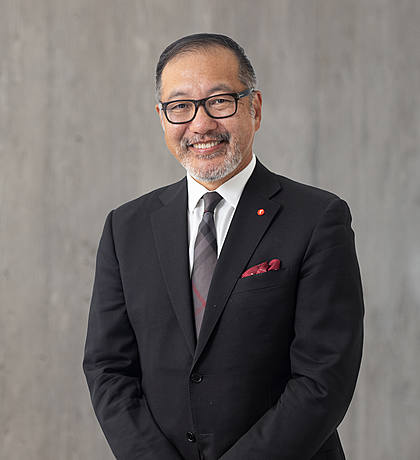The first set of housing data on foreign ownership the province began collecting last month is in. The data collected is only comprised of a 19 day period between June 10th to June 29th.
B.C.’s Finance Minister Mike de Jong says of the 10,148 housing transactions across BC last month, only 3% involved foreign nationals, including 258 from China.
Fast facts:
- The number involving Canadian citizens is more than 9000, or 97%.
- Fifty per cent of the transactions occurred in the Lower Mainland.
- The average investment by a Canadian citizen or Permanent Resident is $735,000.
- A foreign national’s average investment is $1,157,000.
- The 10,148 residential real estate transactions totalled more than $7.6 billion
de Jong says the numbers suggest “room for improvement” to housing starts, which he says are nowhere near “record levels.”
The data was collected from Property Transfer Tax forms filed with property purchases between June 10th and 29th. The property transfer tax rate in British Columbia is one per cent on the first $200,000 and two per cent on the remaining value.
Province focused on increasing supply
Earlier this week on The Job McComb Show, de Jong said the province was waiting for more accurate data before they could determine whether or not foreign investors are influencing the real estate market in B.C.
Last month in response to mounting public pressure to address the growing housing crisis, the B.C. government introduced six principles of housing affordability in the province.
Premier Clark released a video saying it was time for “a determined effort” to ensure the dream of home ownership remained in the reach of the middle class. What she didn’t address wasspeculation and foreign ownership, something that had critics crying foul.
At the time, Minister de Jong defended the absence of foreign cash from the six principles, saying the province’s primary focus was on supply, and that focusing on foreign cash would not solve the region’s housing mess.
READ: Finance Minister defends absence of foreign cash from “Six Principles”
Criticism from the NDP
The NDP is slamming the B.C. government’s “tick-a-box” method of data collecting following the release of foreign investment numbers this morning by Mike de Jong.
The finance minister said the numbers were only collected between June 10th and the 29th, but NDP housing spokesperson David Eby says the self-reporting method of collecting that info also isn’t accurate enough.
Eby says the numbers should be culled from the income tax system.
“That’s what should be used by government to calculate this.”
Eby says the information collected by the NDP shows a larger figure.
“The two numbers that I refer to are the the 2011 census data that compares people’s declared income to the Census authorities with their declared housing expenses, and said did they have enough money in their declared income to pay for their housing, and the answer was no for ten per cent of households.”
“The City of Vancouver vacant condo study found that 12 and a half per cent of the condo stock was vacant the year round which strongly suggests that it’s being held for investment purposes.”
The NDP also chiding the government for using three weeks of data to cover a two year old crisis.
Six Principles on Affordable Housing
- Increasing housing supply
- Smart transit expansion
- Supporting first-time home buyers
- Consumer protection
- Increasing rental supply
- Protecting the dream of home ownership


